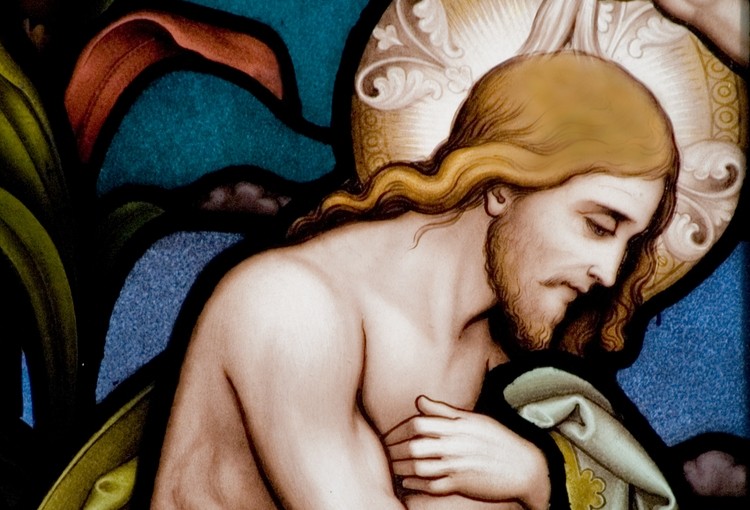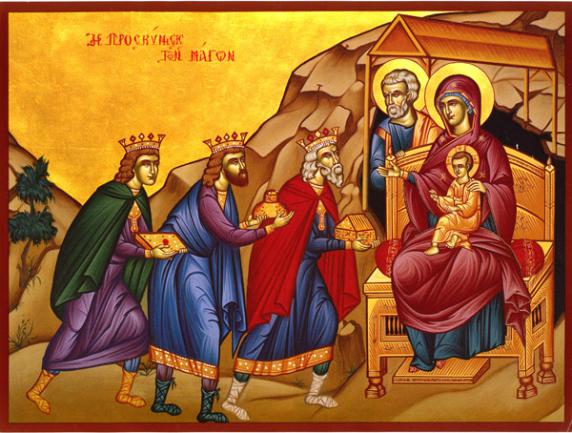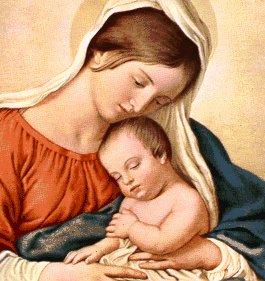What are you looking for?
That’s the question Jesus asks us today, and it’s a good one. For the disciples who were checking him out, I think it took them aback somewhat. They weren’t expecting that and they honestly didn’t have a ready answer. So instead they do what Jesus usually does and they answer the question with another question! “Rabbi, where are you staying?” And very cryptically, Jesus answers by saying, “Come and you will see.” That’s a wonderful line, so bookmark it for just a second.
Here we are, essentially just beginning the regular part of the new year of the Church. We’ve been through the Christmas season, we’ve celebrated Epiphany, Jesus has been baptized in the River Jordan by his cousin Saint John the Baptist, and now it’s time to get on with the ministry he came to do. So as he moves on, he begins to attract disciples, particularly those who had been followers of Saint John the Baptist. Most likely, they were there when Jesus was baptized and they experienced the wonders of that moment: when the Father spoke from the heavens and the Holy Spirit descended like a dove. My guess is they would have wanted to get to know Jesus a little better.
And so that’s what brings them to the place we are today. Where are you staying? Come and you will see. And see they do. They recruit Simon Peter, and he joins the group. Together they will see the sick healed, the paralyzed get up and walk, the leprous cleaned, the possessed set free. They will see thousands fed by a few loaves and fish. They will witness the raising of the dead, and see Jesus’ transfiguration. But they won’t just see glory, will they? They will see suffering and death, and will then see resurrection. After that, they will see what Jesus saw in them – their ability to become the Church and spread the Gospel.
I wonder how much of that would have answered the question, “What are you looking for?” Probably none of it, really. Just like they had no idea how to answer Jesus’ question, they had no idea what to expect from their relationship with him. They really did have to take him up on his invitation to “Come and see.”
Which is where we are today, on this first, “ordinary” Sunday of the Church year. And I’m going to ask you all to pray over this in the week ahead: “What are you looking for?” What do you hope to see? What are your dreams for your spiritual life? How would you want God to work in your life right now?
For me, I’m looking forward to seeing Chris Lankford ordained to the Diaconate, the last step before his priestly ordination next year. I’m looking forward to seeing how some of our ministries develop, the fruits of adding some programs to our school, the continued growth of our parish council. I’m looking forward to baptizing an adult at our Easter Vigil this year, along with Confirming and giving First Eucharist to two other candidates. I’m looking forward to celebrating several marriages this year, along with 90 First Communions and 60 or so Confirmations. I’m looking forward to seeing how God will continue to work in my life and develop my ministry. But I know it won’t all be glory: I’ll have to celebrate funerals and say goodbye to some wonderful people. I’ll have to make hard decisions about our budget and prioritize ministries. Just like all of your families, there are tough decisions to be made in the running of a parish.
But I wouldn’t change it for the world. And I look forward to the journey. Sometimes things might not happen fast enough for my liking, or maybe they won’t happen in the way I would choose, but I know that along the way, I’ll see more of God’s grace, and that’s worth the ride all in itself.
So I’ll put this back in your court again: What are you looking for? Whatever it is, Jesus answers, “Come, and you will see.”





You must be logged in to post a comment.